From Zeman to Pavel: How Czechia became one of Ukraine's most solid allies in Europe
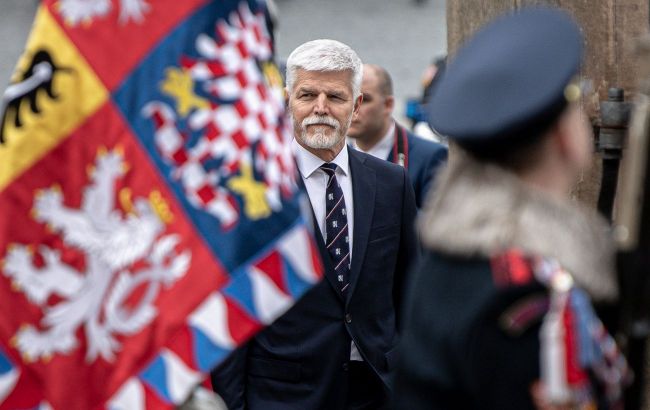 Petr Pavel, President of the Czechia (photo: Getty Images)
Petr Pavel, President of the Czechia (photo: Getty Images)
When did Czechia turn from a friend to an enemy of Russia, what do the explosions at ammunition depots have to do with it, how does Prague help Ukraine and how does it fight Russian agents inside the country - read in the RBC-Ukraine article.
Sources used: Czech Foreign Minister Jan Lipavsky, Czech politicians and officials, Radio Liberty, and Czech media.
Contents
This spring, Czechia exposed a Russian intelligence network that was planning to influence the European Parliament elections through the Voice of Europe news site. The agent network, which spread anti-Ukrainian and anti-European narratives, was linked to Viktor Medvedchuk, who was immediately sanctioned by Prague.
In addition, Czechia has become the main ammunition ambassador for Ukraine. Prague found 800,000 artillery shells for Ukraine and launched an initiative to raise funds from European partners to purchase them.
Today, Prague can undoubtedly be called one of Ukraine's largest and most ardent allies in Europe. However, just three years ago, the Czech position on Ukraine and Russian aggression was significantly different.
Pre-war Czechia
For a long time, Czechia was considered a country friendly to Moscow with pro-Russian sentiments. However, as Czech Foreign Minister Jan Lipavsky tells RBC-Ukraine, it was more about sympathy for Russian films and literature.
"This might have been enhanced by the fact that we used to have a President who admired dictators but those times are well gone. The Czechs have first hand experience with Russian tanks in our streets and hardly anyone is sympathetic to Russian war crimes in Ukraine, which we see as crimes against us as well," he adds.
Indeed, until March 2023, Czechia's President was Miloš Zeman, who had leftist views and warm relations with Russia. After Russia's aggression against Ukraine began in 2014, Zeman repeatedly made anti-Ukrainian statements. He has called the war in Donbas a civil war, called for the lifting of sanctions against Russia, and offered to pay Ukraine for Crimea and Donbas with oil and gas.
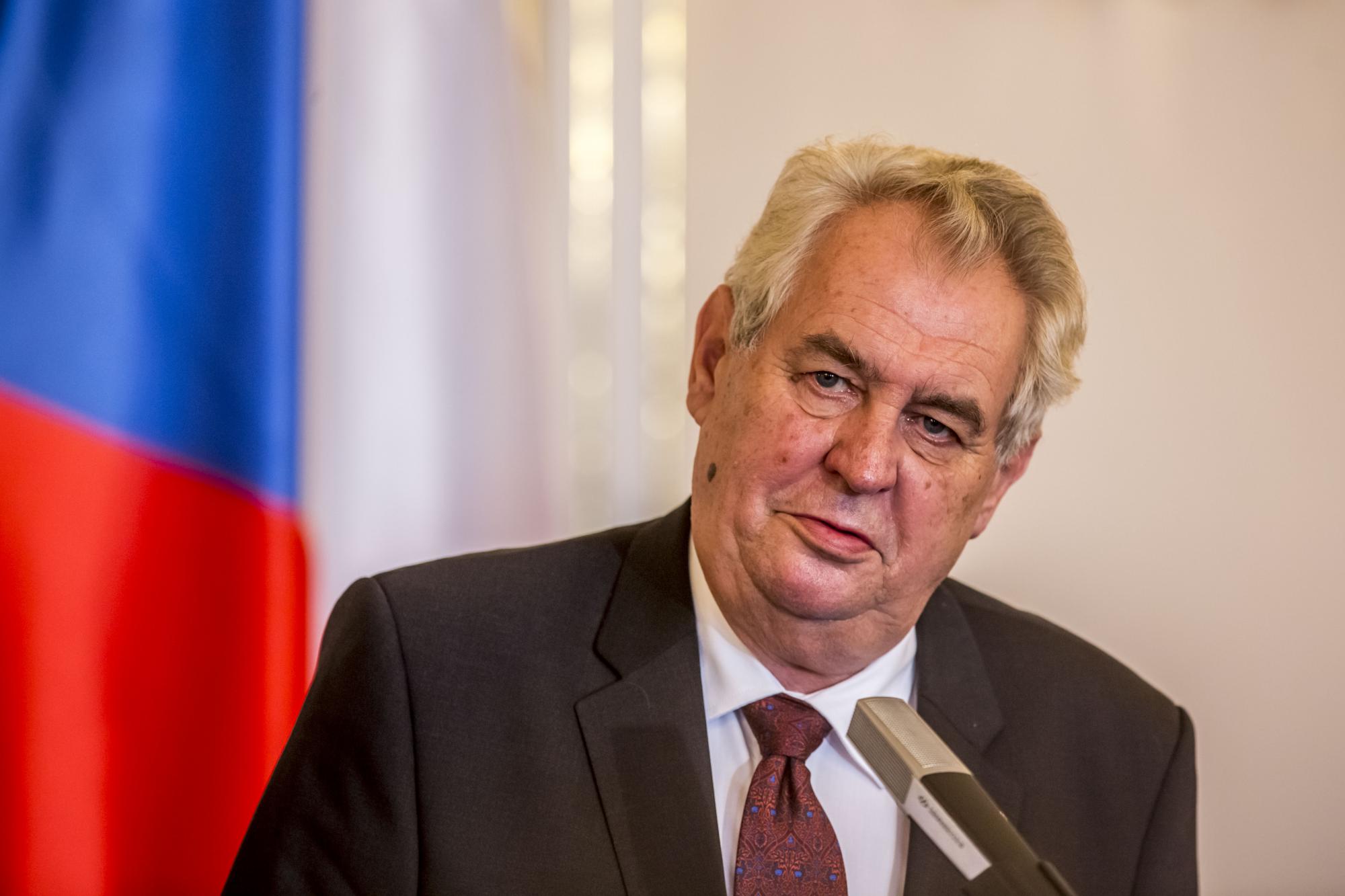 Miloš Zeman was pro-Russian before the Great War (photo: Getty Images)
Miloš Zeman was pro-Russian before the Great War (photo: Getty Images)
For years, Czechia was the capital of Russian agents in Europe. But later, it turned against Prague itself. In 2014, several explosions occurred at military depots near the Czech village of Vrbetice, which not only destroyed hundreds of thousands of tons of ammunition but also killed people. According to Czech media reports, these warehouses stored ammunition that was to be sold to Ukraine, which was already at war with the Russians, through a Bulgarian businessman who was later poisoned by Russian special services.
There were suspicions that Russian intelligence services might be involved in the explosions, and recently, Czech law enforcement officials officially confirmed this.
Moreover, it turned out that the famous Russian intelligence officers Chepiga and Mishkin, also known as Petrov and Boshirov, who poisoned former Russian intelligence officer Skripal and his daughter in Salisbury, UK, were involved in the Vrbetice bombings.
For the first time, Russia's involvement in Czechia bombings was discussed in 2021. Of course, this affected relations between the two countries, and although Zeman questioned Russia's involvement, official Prague began to gradually sever relations with Moscow. The then Czech Prime Minister Andrej Babiš called on EU countries to expel at least one Russian diplomat each in response to Russia's crime, and the Czech Ministry of Finance demanded that Moscow pay compensation for the consequences of the ammunition depots bombing.
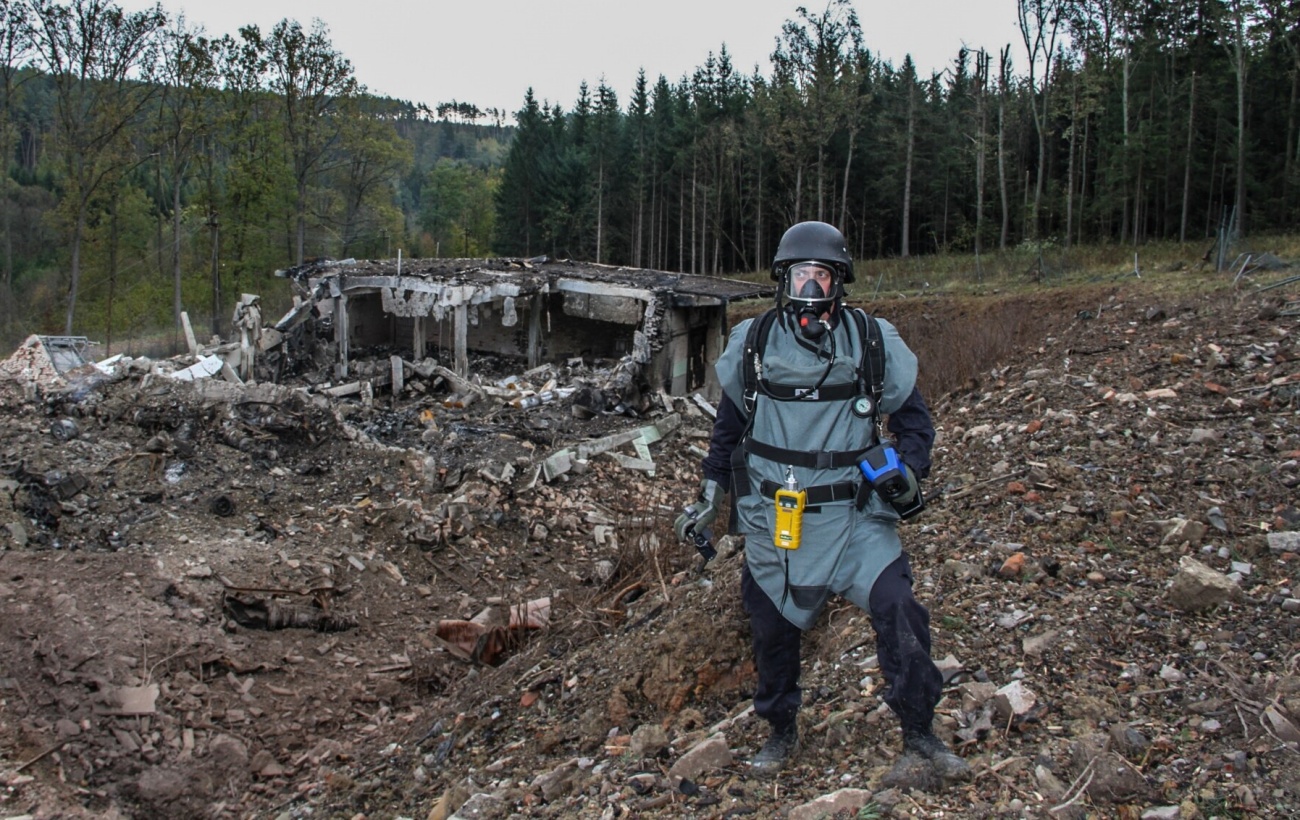 Russia is involved in the explosions at Czech ammunition depots (photo: Police of the Czechia)
Russia is involved in the explosions at Czech ammunition depots (photo: Police of the Czechia)
However, the Czechia's change of heart was put to an end by the full-scale Russian invasion of Ukraine. The unprovoked aggression turned even the attitude of Zeman, an ardent Russian sympathizer, upside down.
Zeman stated in a 2022 interview that with the Russian attack on Ukraine, a fundamentally new situation had emerged, and his reaction was based on that. He emphasized that the situation was clear: it involved aggression against a sovereign state. Zeman remarked that the Russian attack on Ukraine had come as a shock to many people in Russia and beyond, including himself, acknowledging that his longstanding pro-Russian policy was mistaken.
Although, as Czech Minister Lipavsky emphasizes to RBC-Ukraine, it cannot be said that Czechia took a pro-Ukrainian position only after Russia's full-scale invasion of Ukraine. According to him, Czech-Ukrainian relations have been intensifying for a long time.
"Even before February 2022, Ukraine was already a major partner in terms of Czech development and humanitarian aid and transformation cooperation with intensive ties in many areas, including trade. Czechia’s comprehensive support for Ukraine bilaterally as well as in international formats is one of the key elements of Czech foreign policy today," the Minister adds.
Czechia under Pavel
In January 2023, former NATO General Petr Pavel won the Czech presidential election, beating Zeman's ally and pro-Russian former Czech Prime Minister Andrej Babiš.
Pavel stood out for his strong pro-Ukrainian stance, although he sometimes made statements that might not please everyone in Ukraine. The statements of the experienced NATO general were often a cold shower for Ukrainians and the West, and some of them were confirmed in practice.
For example, when he was still a presidential candidate, he suggested that Kyiv might have to make concessions to Moscow, calling for being prepared for any outcome. But at the same time, he expressed confidence that Ukraine had a real chance of winning.
And as President, last year, Pavel urged the Ukrainian authorities not to rush to launch a counteroffensive on the front, as he said that Ukraine would have only one attempt to do so.
He explained that preparing a counteroffensive demanded significant time and resources and expressed the view that it was unrealistic to anticipate an immediate launch of another offensive if the current one failed. Pavel emphasized the need to conclude and stated that everything must be done to ensure the success of the counteroffensive.
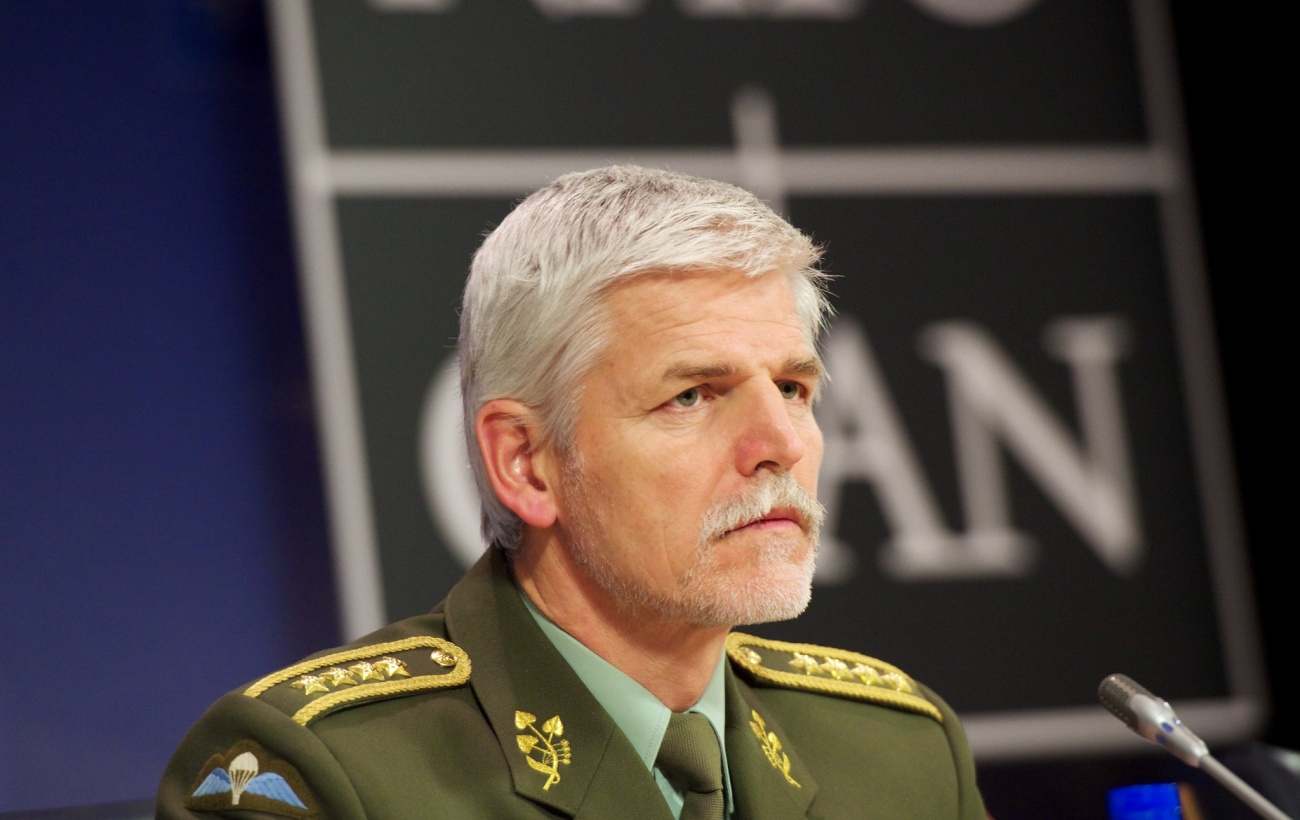 The current Czech President has a strong pro-Ukrainian stance (photo: flickr.com/nato)
The current Czech President has a strong pro-Ukrainian stance (photo: flickr.com/nato)
At the same time, the Czech President warned the Western Coalition that problems with supplying Ukraine with weapons could lead to Russia's success on the battlefield. In early 2024, Pavel launched his initiative to supply Ukraine with critical artillery shells.
In February, the Czech President said that Prague had found 800,000 155- and 122-caliber artillery shells in the world that could be transferred to Ukraine. However, since Czechia could not purchase this amount of shells at its own expense, Prague launched a global crowdfunding campaign.
According to Lipavsky, about 20 EU and NATO countries have joined the Czech initiative so far, including Denmark, Belgium, the Netherlands, Poland, Canada, and Germany. These countries have either already provided or promised to provide funds for the purchase of shells for the Ukrainian army.
"So far we have raised funds for around 500 thousand of 155 mm rounds with delivery this year starting in June with the aim to raise more funds to reach total of 800 thousand rounds," the Minister tells the agency.
But Prague does not plan to stop there. According to Lipavsky, the Czech government is already discussing possibilities for 2025, in particular concerning Soviet-caliber shells used by Ukrainian artillery.
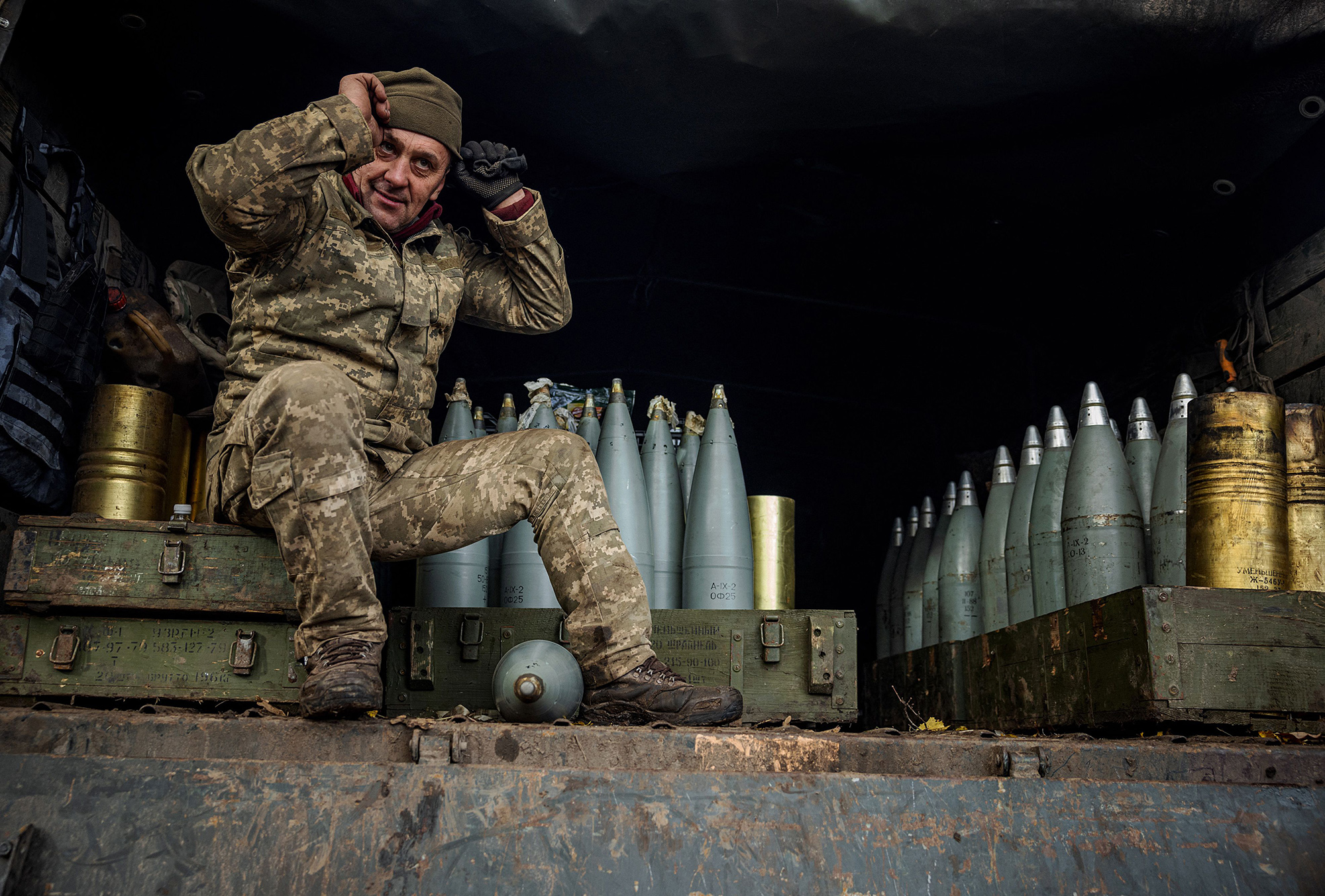 Czechia has already raised funds for 500,000 shells for Ukraine (photo: Getty Images)
Czechia has already raised funds for 500,000 shells for Ukraine (photo: Getty Images)
Today's Czechia also supports Ukraine on its path to the EU and NATO. According to the Czech President, EU enlargement, including through Ukraine's accession, is a geostrategic necessity. And he called Ukraine's accession to NATO in Prague's interests.
Pavel expressed that it was absolutely in Czechia's interest for Ukraine to commence negotiations on joining NATO as soon as the war ended. He mentioned this at a meeting with the Ukrainian president in Prague the previous year.
Russian agents in Czechia
After the explosions at the ammunition depots in Vrbetice, the Czech authorities began an active fight against Russian agents. Russian diplomatic missions, which are used by Moscow as headquarters for intelligence, were targeted. Thus, in March 2021, Prague expelled almost two dozen employees of the Russian diplomatic mission who were Russian intelligence officers.
"By taking appropriate measures after Russia's role in the Vrbětice explosions was exposed in 2021, our authorities managed to undercut the ability of the Kremlin to work against our country from within our territory by limiting the Embassy to 7 diplomats and 25 administrative staff," Minister Lipavsky tells RBC-Ukraine.
In response to these actions, Moscow added Czechia to its list of enemies of Russia. Apart from the Czechia, only the United States was included in this list, which shows how painful the Czech government's countermeasures against Russian agents have become for the Kremlin.
After the exposure of Medvedchuk's agent network in Czechia, which tried to influence the European Parliament elections by helping to gain more support for Russia's supporters, Prague began working on pan-European sanctions against Medvedchuk and his influence network, as well as restrictions on the movement of Russian diplomats accredited in EU member states.
"We are steadily raising support for this proposal with our allies," Lipavsky summarizes.
Czechia is a vivid example of how Moscow's aggressive actions turn even countries that are friendly or neutral toward Russia against it. The explosions at the Vrbetice ammunition depots drove a wedge between Prague and Moscow and triggered irreversible processes that turned Czechia into one of Ukraine's staunchest allies in the war against Russia.

